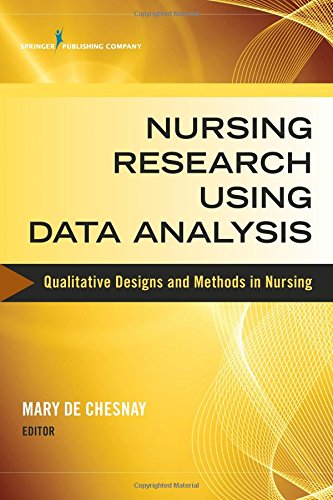

Most ebook files are in PDF format, so you can easily read them using various software such as Foxit Reader or directly on the Google Chrome browser.
Some ebook files are released by publishers in other formats such as .awz, .mobi, .epub, .fb2, etc. You may need to install specific software to read these formats on mobile/PC, such as Calibre.
Please read the tutorial at this link: https://ebookbell.com/faq
We offer FREE conversion to the popular formats you request; however, this may take some time. Therefore, right after payment, please email us, and we will try to provide the service as quickly as possible.
For some exceptional file formats or broken links (if any), please refrain from opening any disputes. Instead, email us first, and we will try to assist within a maximum of 6 hours.
EbookBell Team

0.0
0 reviewsThis is a concise, step-by-step guide to conducting qualitative nursing research using various forms of data analysis. It is part of a unique series of books devoted to seven different qualitative designs and methods in nursing, written for both novice researchers and specialists seeking to develop or expand their competency. This practical resource encompasses such methodologies as content analysis, a means of organizing and interpreting data to elicit themes and concepts; discourse analysis, used to analyze language to understand social or historical context; narrative analysis, in which the researcher seeks to understand human experience through participant stories; and focus groups and case studies, used to understand the consensus of a group or the experience of an individual and his or her reaction to a difficult situation such as disease or trauma.
Written by a noted qualitative research scholar and contributing experts, the book describes the philosophical basis for conducting research using data analysis and delivers an in-depth plan for applying its methodologies to a particular study, including appropriate methods, ethical considerations, and potential challenges. It presents practical strategies for solving problems related to the conduct of research using the various forms of data analysis and presents a rich array of case examples from published nursing research. These include author analyses to support readers in decision making regarding their own projects. The book embraces such varied topics as data security in qualitative research, the image of nursing in science fiction literature, the trajectory of research in several nursing studies throughout Africa, and many others. Focused on the needs of both novice researchers and specialists, it will be of value to health institution research divisions, in-service educators and students, and graduate nursing educators and students.
Key Features: